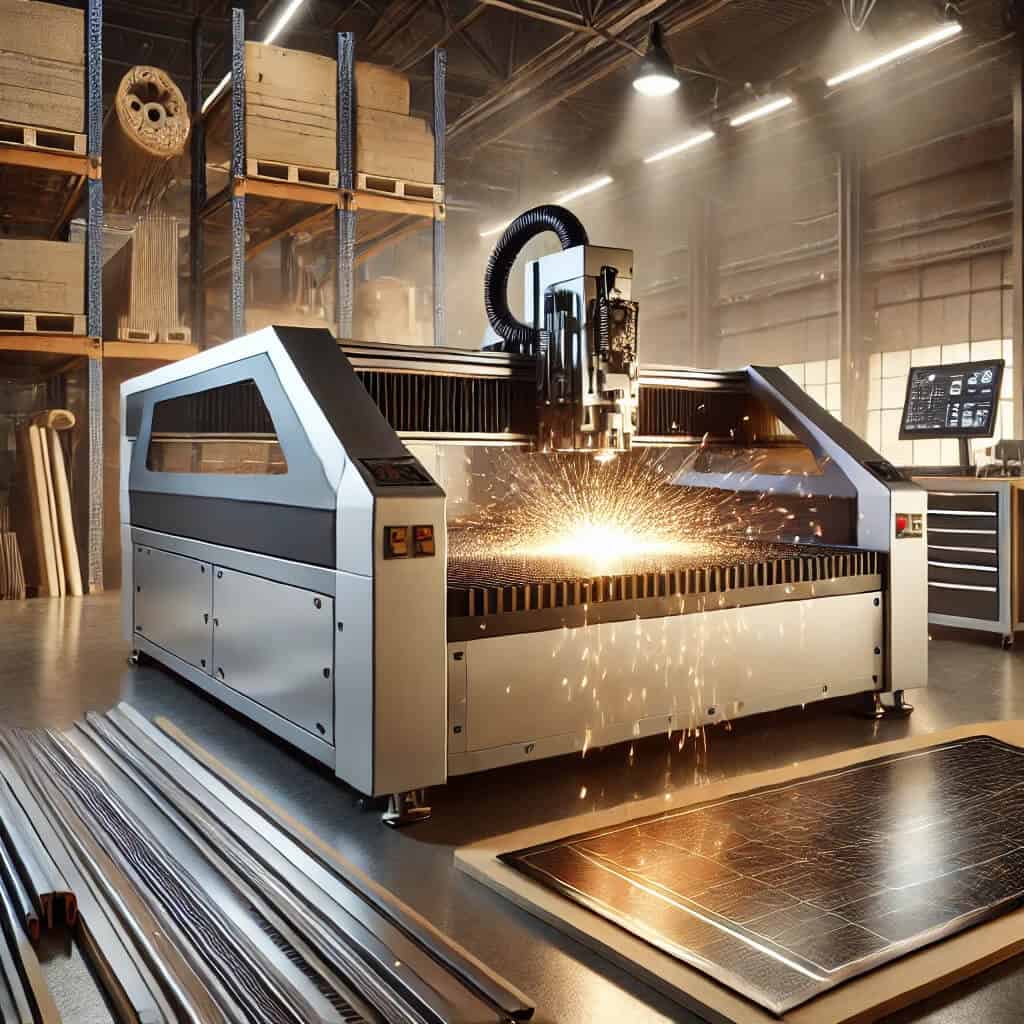Laser cutting machines can work with a wide range of materials, including metals (such as steel, aluminum, and titanium), plastics (such as acrylic, polycarbonate, and other polymers), organic materials (wood, leather, textiles, etc.), and specialized materials (such as ceramics, glass, and diamonds).

